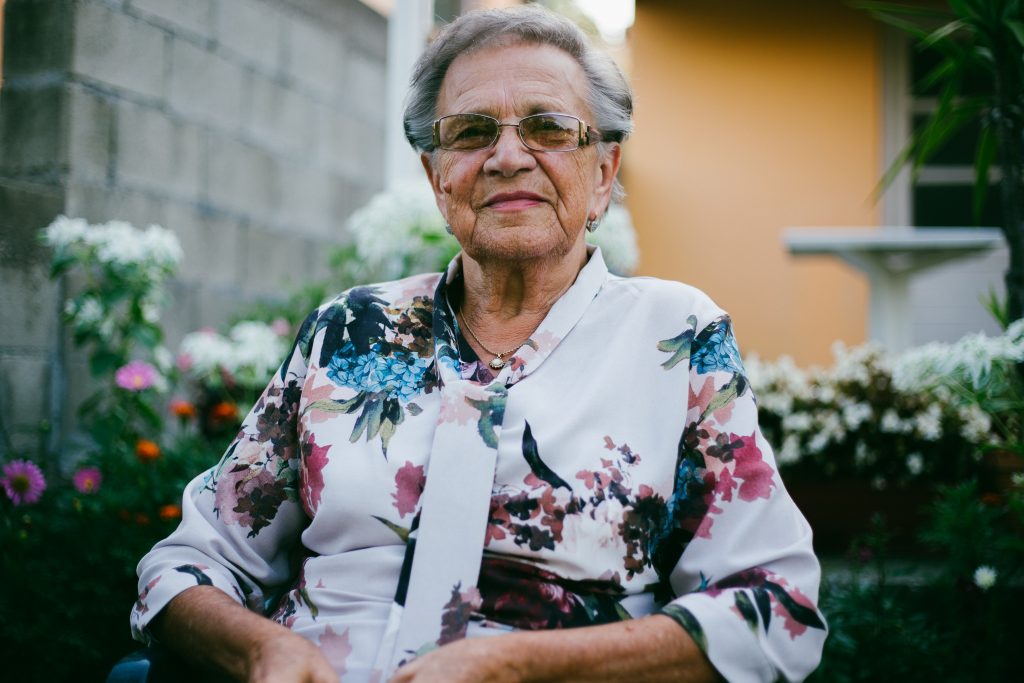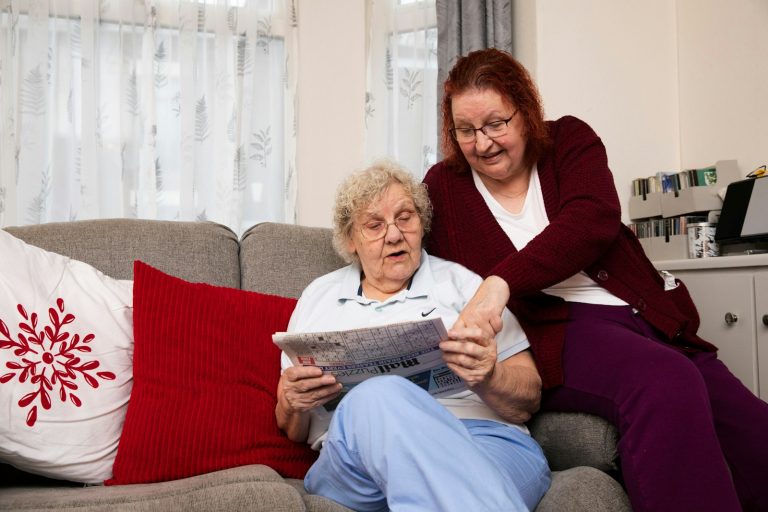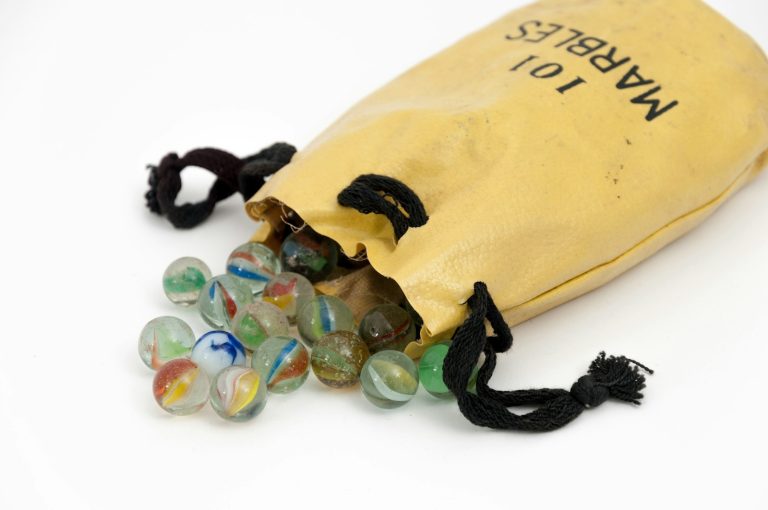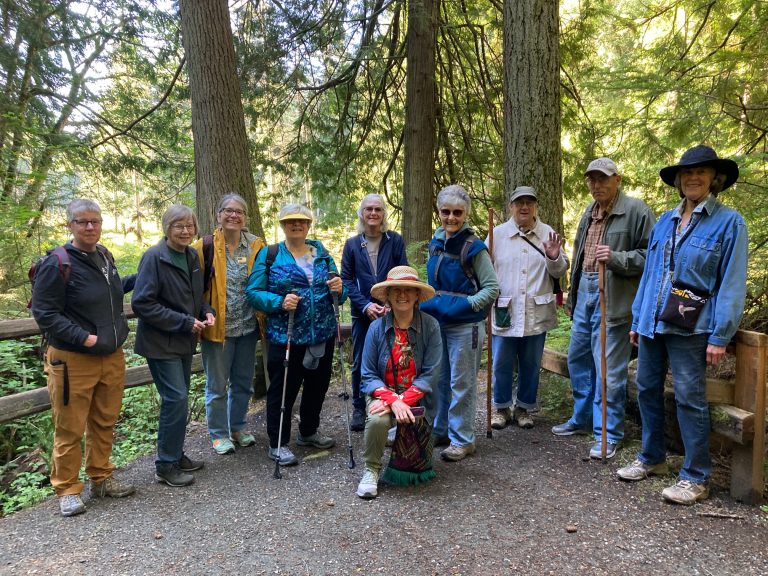This article was first published on March 3, 2021 BY TAKE MY HAND

In today’s world, money scams that prey on the elderly are prevalent.
Fraudsters often use telephones and email to conduct their scams, capitalizing on seniors’ trusting natures and unfamiliarity with technology. In addition, the COVID-19 pandemic has opened new opportunities for criminals, and some classic in-person scams still are being used regularly.
On its website, the FBI lists common elder fraud scams. Among them are the grandparent scam, in which criminals pose as a relative — usually a child or grandchild — claiming to have an urgent need for money, and the home repair scam, in which criminals appear in person and charge homeowners in advance for home improvement services that they never provide.
Other scams include the COVID-19 charity scam, in which criminals claim they are collecting donations for families hard-hit by job losses during the pandemic but are keeping the money for themselves. Here in Whatcom County, PeaceHealth St. Joseph Medical Center has warned of a COVID-19 scam in which fraudsters call the elderly under the guise of COVID-19 contact tracing and attempt to acquire private information.
Email scams sometimes take the form of blackmail, with fraudsters demanding payment in exchange for not releasing sensitive information they claim to have about you.
Here’s how you can help keep elderly loved ones from falling prey to scams:
- Review common scams, especially those that target the elderly, and familiarize yourself with how they work. That will help you recognize when criminals might be using one of these methods to target a loved one. The list provided by the FBI is a good place to start. SeniorLiving.org has a great list of scams as well.
- Educate your mom, dad or elderly loved one on the potential for scams. Make sure they know to contact someone if anything seems fishy. If they get a threatening email or receive a strange phone call, have them reach out to you or a trusted friend to discuss the issue. In addition, explain potential scams to help them identify what’s happening should a scam artist contact them.
- Research scams online. Most scams have been used many times. An internet search with details of the scam — for example, with some of the specific language used in a threatening email — can help you determine whether this is a common scam attempt.
- If your loved one is a victim of fraud, report the scam to the FBI or to your local police. Try to capture and share as many details as possible, including names, dates, methods of communication, descriptions of the fraud claims and — if money has been sent — how it was sent and to whom. Reporting scams can help protect not only your loved one but also any future victims the criminal might plan to target.
Fraud is a story as old as time, but with some research and foresight, we can learn to identify potential scams and help protect ourselves and others.
Sue Sorenson, Owner
Take My Hand at Home Care
See original article at: Take My Hand at Home Care





















